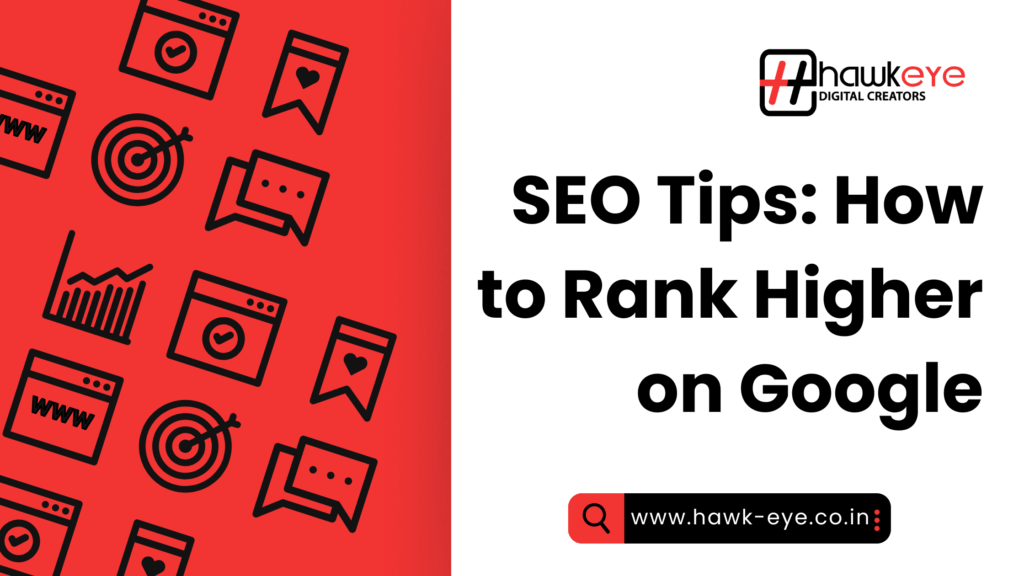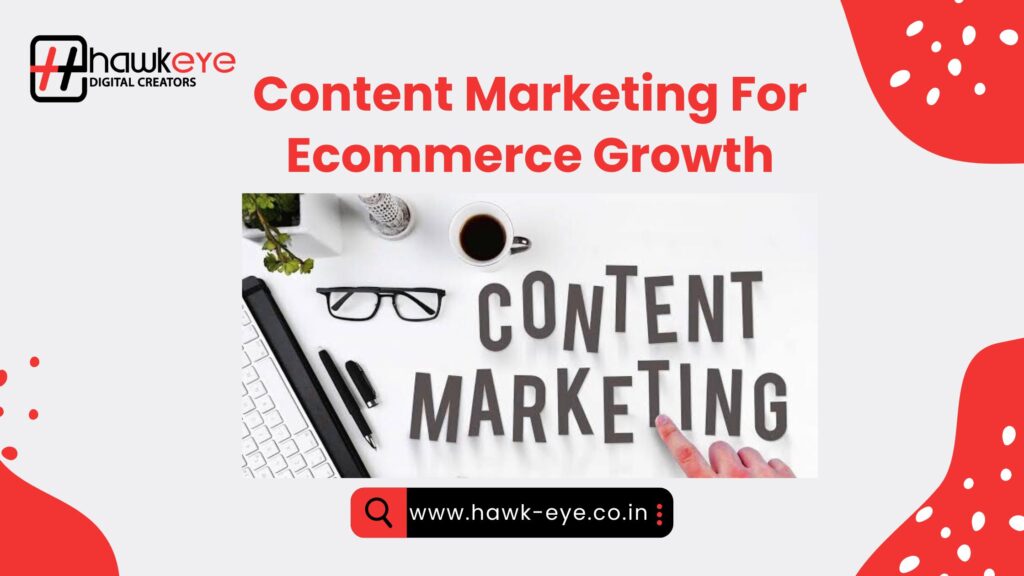Email Service Provider for a Business by Hawkeye Digital Creators
Email marketing remains one of the most powerful and cost-effective digital strategies available today. No matter the product, service, or industry, email continues to be a direct, measurable, and high-ROI marketing channel.
But while email itself is incredibly effective, the success of your campaigns depends heavily on the platform you use — your Email Service Provider (ESP). Choosing the wrong ESP can limit your performance, restrict automation capabilities, and ultimately hinder your marketing growth.
At Hawkeye Digital Creators, we’ve seen firsthand how the right platform can elevate a brand’s entire communication strategy. In this article, we’ll break down the top ESPs, who they’re best suited for, and how to choose the one that fits your business.
Why Choosing the Right ESP Matters

With hundreds of email platforms available, it’s easy to feel overwhelmed. But each provider is designed to serve different business needs, whether you run a small local business or a large-scale eCommerce store.
Some prioritize user-friendliness and ease of use, while others offer powerful automation or enterprise-level integrations. Your choice will directly impact how efficiently you run campaigns, how well you segment your audience, and how personalized your communication can be.
Comparing Top Email Service Providers
Below is a breakdown of some of the most popular ESPs, their features, pricing, and ideal use cases:
1. Klaviyo – Best for eCommerce Brands

Overview:
Klaviyo is built specifically for eCommerce. It offers powerful segmentation, real-time analytics, and deep integration with platforms like Shopify, WooCommerce, Magento, and BigCommerce.
Key Features:
- Behavior-based automation flows
- Advanced real-time reporting
- Dynamic product recommendations
- Unlimited email sends
- Seamless eCommerce integration
Pricing:
- Free plan: Up to 250 contacts and 500 monthly email sends
- Paid plans: Start at $20/month (scales with contacts and features)
Best For:
Online stores looking for personalized automation and product-level targeting.
2. Mailchimp – Best for Small to Mid-Sized Businesses

Overview:
Mailchimp is widely used by startups and small businesses for its user-friendly campaign builder and affordable pricing. It’s perfect for businesses getting started with email marketing.
Key Features:
- Drag-and-drop email builder
- Pre-designed templates and themes
- Basic automation and A/B testing
- Integrates with Shopify, WooCommerce, and CRMs
- In-app analytics and reporting
Pricing:
- Free plan: 1,000 monthly emails, 1 audience, basic automation
- Paid plans: Start around $13/month depending on features
Best For:
Small businesses and freelancers looking for simple tools and pre-built templates.
3. Constant Contact – Best for SaaS and Multi-Channel Integration

Overview:
Constant Contact offers a broad range of digital marketing tools, beyond just email. It’s especially strong in integrations, making it ideal for businesses with complex tool stacks.
Key Features:
- Intuitive email builder with pre-set industry templates
- Open rate, bounce, and share tracking
- Automated sequences and list segmentation
- Over 6,000 integrations including CRM, HR, and eCommerce tools
- Industry benchmarking and performance insights
Pricing:
- Tiered pricing based on email list size and tools included
- Discounts available for non-profits and first-time users
Best For:
Service providers, SaaS businesses, or those looking to centralize digital marketing.
4. Pardot (Salesforce Marketing Cloud Account Engagement) – Best for B2B and Enterprise Sales

Overview:
Pardot is a Salesforce-powered platform designed for B2B sales and lead management. It’s ideal for enterprise companies that need sophisticated lead nurturing and tight sales-marketing alignment.
Key Features:
- Advanced lead scoring and qualification
- Complex drip and nurturing workflows
- Real-time sales alerts and lead insights
- Integration with Salesforce CRM
- Powerful ROI reporting tools
Pricing:
- Starts at $1,250/month for up to 10,000 contacts
- Scales with contact count and advanced feature access
Best For:
B2B enterprises, marketing agencies, and high-ticket service providers focused on lead generation.
Key Factors to Consider When Choosing Your ESP

Before choosing your email platform, it’s important to evaluate your current and future needs. Consider the following:
1. Your Business Goals
What does success look like for you — sales, sign-ups, education, or engagement?
2. List Size and Growth Plans
Choose a platform that can scale with your audience without penalizing growth with high per-contact pricing.
3. Frequency of Emails
Do you send daily, weekly, or only occasionally? Some providers limit monthly email sends.
4. Personalization and Automation
Look for tools that allow dynamic content, behavioral targeting, and multi-step automation workflows.
5. Segmentation Capabilities
If your list includes diverse customer types or products, advanced segmentation is essential.
6. Integration Needs
Does the ESP integrate with your website, CRM, or eCommerce platform?
7. Support and Learning Resources
Some ESPs offer dedicated onboarding, while others provide self-serve documentation and community forums.
The Best Budget Email Marketing Platforms
Here’s a quick comparison of the top affordable email marketing tools to help you decide which one fits your business needs best.
| Platform | Best For | Cons |
|---|---|---|
| GetResponse | Businesses needing an all-in-one solution | Free plan has limited features; advanced tools locked in higher tiers |
| Brevo | Multichannel marketers | Landing page builder only in premium plans |
| Moosend | Large lists & budget-conscious users | Limited form design customization |
| Constant Contact | Businesses hosting events | Can become expensive with large contact volumes |
| Mailtrap | Development and marketing teams | Automation available only via API |
| Mailjet | Teams sending marketing + transactional emails | Basic segmentation; limited landing page features |
| Sender | Beginners and small businesses | Lacks advanced automation capabilities |
| HubSpot | Inbound marketing with CRM integration | Gets expensive as contact list scales |
| EmailOctopus | Startups and small businesses | Does not support complex automation workflows |
| Mailchimp | Growing businesses with diverse needs | Becomes costly with large lists; can be confusing for beginners |
| SendGrid | Businesses focused on transactional emails | Basic automation; limited visual and design |
Email Marketing is More Than Just Sending Newsletters

The best ESPs go beyond just sending emails — they help you create personalized experiences, recover abandoned carts, trigger follow-ups, and deliver the right message at the right time.
By choosing the platform that aligns with your needs, you lay the foundation for long-term success in digital marketing.
Our Recommendation at Hawkeye Digital Creators
We help businesses across industries implement the right email marketing platforms based on their audience, goals, and marketing strategy. Whether you need basic automation or enterprise-level lead management, we’ll match you with the platform that fits — and set it up for success.
Need help choosing your ESP or setting it up for your campaigns?
Visit https://hawkeyedigicreators.com/ or book a free consultation with our experts. Let’s turn your email list into a revenue engine.





